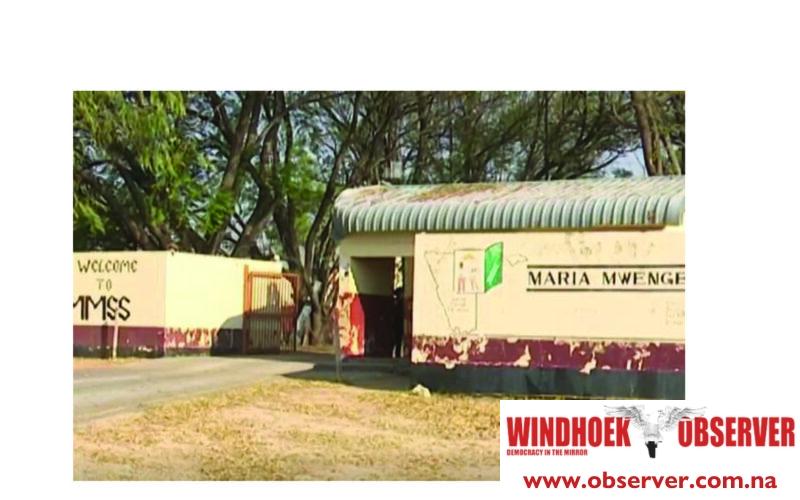Allexer Namundjembo
Food poisoning that affected 33 learners at Maria Mwengere Secondary School in Rundu was linked to contaminated water in the school hostel.
The minister of education, Sanet Steenkamp, told parliament on Tuesday.
In August, learners at the school fell ill after eating leftover macaroni and sausages served for dinner.
Soon after, they reported stomach pains, vomiting, headaches, and weakness.
Two learners were admitted to intensive care, while others were hospitalised for treatment and observation.
Steenkamp said an investigation by the Ministry of Education and Ministry of Health confirmed that the hostel’s water supply was unsafe.
She said inspectors found chlorine levels of 2.2 milligrams per litre in the water tank, above safe standards for human consumption.
The investigation revealed a visible discolouration in the water, thereby intensifying concerns about contamination.
Steenkamp said the water tank will be urgently replaced with two elevated 10 000-litre tanks.
She said the ministry has also started the procurement process to repair the hostel cold room.
“Strict hygiene protocols in hostel kitchens will now be enforced, with substitutions to menus only allowed through written approval. Full protective uniforms will be given to all food handlers, who must also undergo annual medical testing,” she said.
According to her, a regional maintenance plan prioritising hostel infrastructure is also being prepared.
Steenkamp added that the investigation revealed that food handlers at the hostel had not undergone medical testing since 2014.
Inspectors also found staff without protective clothing such as aprons, boots and caps.
“Waste bins were placed inside the kitchen, and animals were able to roam near food preparation areas due to poor access control. These issues were seen as risks but not the direct cause of the outbreak.”
Despite the absence of spoilt food from suppliers, Steenkamp noted that learners reported undercooked sausages and blood traces in the sausages served on August 25.
This raised the possibility that both food and water conditions contributed to the outbreak.
She stated that the 22 learners have since been discharged from hospital, while eleven remain under medical care.
Regional education officials urged parents to remain calm, noting that full laboratory results will confirm the exact cause.
Health inspectors collected samples of food, water and the environment to support the investigation.
Steenkamp said the case shows the importance of proper hostel management.
“Our responsibility is to ensure the voices of learners are heard and their challenges addressed,” she said.




